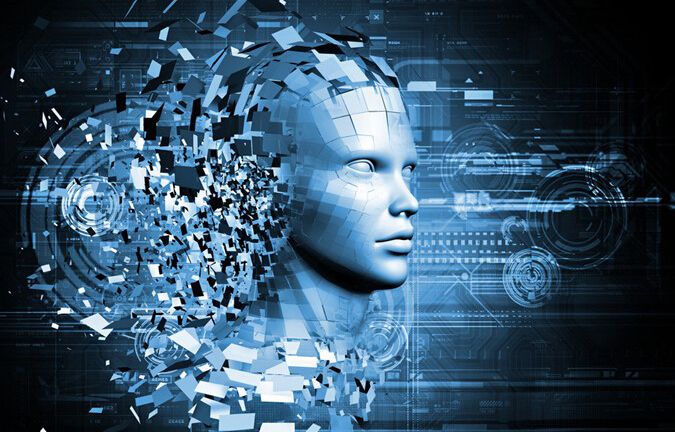


[File photo]
A research team in Shanghai has stirred up far-reaching controversy after releasing a paper indicating that computers can tell if a person will become a criminal based merely on his or her facial features.
In the paper, titled “Automated Inference on Criminality using Face Image,” Wu Xiaolin and Zhang Xi, two researchers from Shanghai Jiaotong University, say they ran computer tests using 1,856 images of real people. According to Wu and Xi, the tests revealed "some discriminating structural features for predicting criminality, such as lip curvature and inner-eye corner distance.” They believe that the tests have produced evidence for "the validity of automated face-induced inference on criminality, despite the historical controversy surrounding the topic.”
The article soon went viral online, with many researchers criticizing the findings as discriminatory and irresponsible.
“We were unlucky to release our paper around the time when Trump won the [U.S. presidential] election. Some emails from the U.S. criticized us, saying that the U.S. already has enough trouble and we should not add fuel to the fire. Some Chinese netizens, on the other hand, suggested that we help the Commission of Discipline Inspection [to catch corrupt officials],” Wu told Thepaper.cn during an interview.
Denouncing criticism of the research as “discrimination based on phrenology,” Wu stressed that he has no intention of supporting discrimination based solely on facial features.
“We simply found some correlation between facial features and certain social behaviors. I myself am against discrimination based on facial features … Our research can also serve as evidence to fight discrimination,” Wu added.
According to Wu, the team’s current goal is to deepen the research, though they have no plans to put it to use in the field of criminology.
“The relationship between ethics and scientific development is hard to explain. Should nuclear physicists be responsible for damage caused by nuclear bombs?” Wu mused.
 Fire brigade in Shanghai holds group wedding
Fire brigade in Shanghai holds group wedding Tourists enjoy ice sculptures in Datan Town, north China
Tourists enjoy ice sculptures in Datan Town, north China Sunset scenery of Dayan Pagoda in Xi'an
Sunset scenery of Dayan Pagoda in Xi'an Tourists have fun at scenic spot in Nanlong Town, NW China
Tourists have fun at scenic spot in Nanlong Town, NW China Harbin attracts tourists by making best use of ice in winter
Harbin attracts tourists by making best use of ice in winter In pics: FIS Alpine Ski Women's World Cup Slalom
In pics: FIS Alpine Ski Women's World Cup Slalom Black-necked cranes rest at reservoir in Lhunzhub County, Lhasa
Black-necked cranes rest at reservoir in Lhunzhub County, Lhasa China's FAST telescope will be available to foreign scientists in April
China's FAST telescope will be available to foreign scientists in April "She power" plays indispensable role in poverty alleviation
"She power" plays indispensable role in poverty alleviation Top 10 world news events of People's Daily in 2020
Top 10 world news events of People's Daily in 2020 Top 10 China news events of People's Daily in 2020
Top 10 China news events of People's Daily in 2020 Top 10 media buzzwords of 2020
Top 10 media buzzwords of 2020 Year-ender:10 major tourism stories of 2020
Year-ender:10 major tourism stories of 2020 No interference in Venezuelan issues
No interference in Venezuelan issues
 Biz prepares for trade spat
Biz prepares for trade spat
 Broadcasting Continent
Broadcasting Continent Australia wins Chinese CEOs as US loses
Australia wins Chinese CEOs as US loses